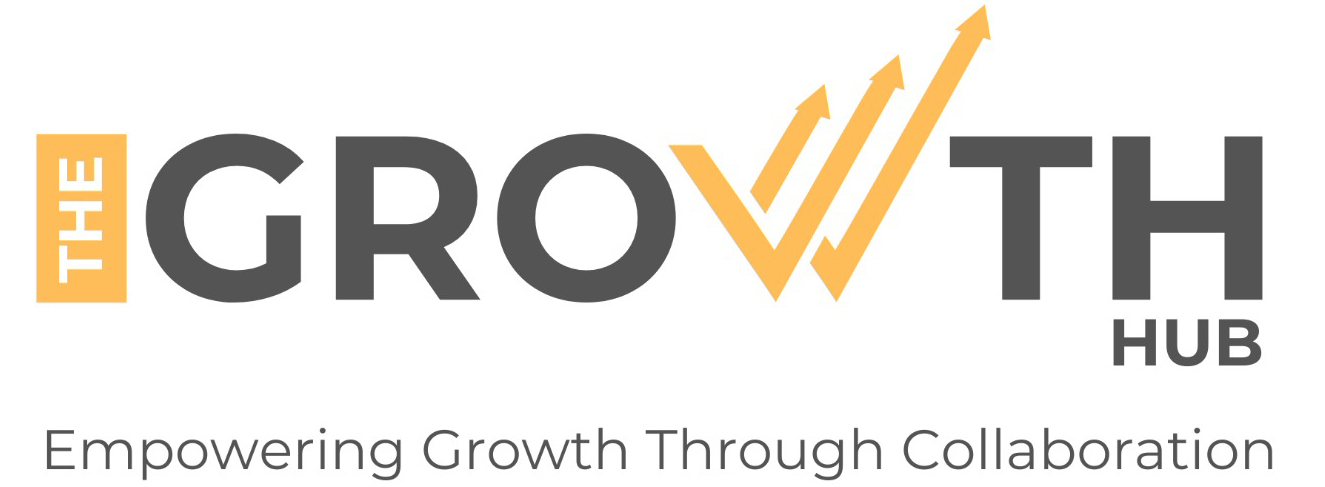
How to Build a Business That Runs Smoothly Without You
Most entrepreneurs begin with the aspiration of freedom yet end up being stuck in an endless cycle of work. A survey by the Federation of Small Businesses has revealed that more than half of the UK's small business owners are working over 50 hours per week, and many of them cannot even get a short respite. The problem of business ownership is not necessarily about working excessively. It is about having a business that depends too heavily on you. If your company can't operate without you, it's not actually a business—it's a job that owns you.
The solution is to create a system that allows your business to function efficiently, even when you’re not there. This isn’t about stepping away completely but about making sure the business runs smoothly without your constant involvement. The best entrepreneurs understand that success comes from building systems, empowering teams, and making strategic decisions, not from doing everything themselves.
Stop Being the Bottleneck
Too many business owners are holding their businesses back because they are doing everything. If you are the one who signs off on every invoice, responds to all customers' questions, and handles every detail, you are keeping your business from being able to grow. The more your business relies on you for its day-to-day operations, the more difficult it will be to scale.
The transition from operator to leader needs to happen. That involves trusting others to handle responsibility. It begins by determining what work doesn't need your direct involvement. Delegation is not dumping work and wishing for the best. It’s about establishing clear expectations, giving the proper tools, and having faith that your team can get their job done. When workers have ownership of their work, they are more involved, and the company no longer relies solely on you.
Document Everything
A company that operates on implicit knowledge is vulnerable. If you alone know how to do some things, your company will always need you to work. The answer is to document key processes so that anyone on your team can jump in and execute a clear, reproducible process.
Standard operating procedures (SOPs) provide consistency and efficiency. Whether it's onboarding a new client, processing orders, or handling customer enquiries, having step-by-step instructions allows the task to be done properly without your intervention. Google Docs or Notion are easy tools for creating and sharing these processes.
Recording important operations does not only lessen dependence on you—it also saves time when introducing new staff members. Rather than investing hours in training someone through the motions on routine tasks, you can assign them instructions simply, and then they can hit the ground running. A firm that operates via documented systems, as opposed to through personal effort, is one capable of expanding without continually drawing you back into ongoing operations.
Automate to Maximise Your Freedom
Technology is also able to absorb much of the repetitive work which tends to bog down a business owner. The automation of vital areas such as customer relationship management, invoicing, and marketing can drastically improve efficiency and slash workload.
Automated email responses enable customer enquiries to be dealt with promptly without manual responses. Customer relationship management (CRM) programs monitor interactions and set follow-up reminders, dispelling the necessity for continuous monitoring. Accounting software can automatically process invoices and payments, minimising mistakes and ensuring financial accuracy.
The more processes you automate, the less time you'll spend on running them. Not only does automation enhance efficiency, but it also guarantees that key processes keep working smoothly even when you're not actively involved.
Hire the Right People and Empower Them
No company can grow without a solid team. Most business owners have an issue with delegation because they think employees will not do it as well as they would. However, keeping everything in their hands restricts the potential of the company. Properly trained employees can get major tasks done without needing constant supervision.
You build a good team by first hiring individuals who are skilled and also have the same values as your company. Once you have employees in your team with the right fit, train them so they fully know what is expected of them. Employees become trustworthy when you allow them room to make choices within boundaries that you have defined. If each decision still requires your approval, your company will always need your presence.
Rather than checking in on every detail, track results instead. If workers are hitting key business targets, how they achieve it doesn't matter as much. Leadership isn't about being a micromanager—it's about defining direction and giving your team the autonomy to own what they're doing.
Track Key Metrics Instead of Managing Every Detail
The greatest business leaders don't spend time micromanaging every task. Rather, they pay attention to monitoring the numbers that will tell them if the business is doing well. Monitoring key performance indicators (KPIs) allows you to remain aware without being a part of day-to-day operations.
Revenue growth, customer retention rates, and operational efficiency are among the most important metrics. They provide insight into whether your business is headed in the right direction without needing you to be hands-on each day. If the numbers indicate steady progress, you can take a step back with confidence. If something is not working, you can step in tactically instead of responding to minor problems.
Instead of constantly checking on employees or worrying about every detail, reviewing key metrics on a weekly or monthly basis provides the insights needed to guide the business forward without being stuck in the weeds.
Test If Your Business Can Run Without You
A well-organised business must be able to operate even in the absence of the owner. The best way to determine if your business is self-sufficient is to take a brief break and see what happens. A week-long break can expose weaknesses in your systems. If things go wrong, it's a chance to enhance your processes, build stronger delegation, and optimise automation.
Taking a break for a little while gives you great insight into whether your employees are comfortable making decisions and if automated procedures are functioning as anticipated. If all goes well in your absence, you've established a business that no longer needs you to survive.
Create a Business That Gives You Freedom
Entrepreneurship is not about creating a company that needs you to be there all the time. It's about building a sustainable, profitable business that can succeed without your day-to-day intervention. As you move from being the one who does everything to becoming the leader who provides direction, the business can develop in ways that you, individually, would never have been able to handle.
A business that operates without continual micromanaging enables you to go on a vacation, pursue new opportunities, and spend your time on overall strategy instead of being mired in the operations. With systems, repetitive task automation, a competent team, and monitoring the proper metrics, you can take a step back while keeping the business intact.
The most successful business owners don't work hard. They work smart. They create businesses that don't depend on them for every decision so they can enjoy success and freedom. If your business still depends on you to survive, the time to change is now. The sooner you implement these systems, the sooner you can have a business that works for you, not the other way around.
